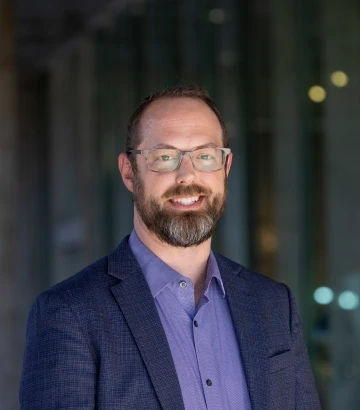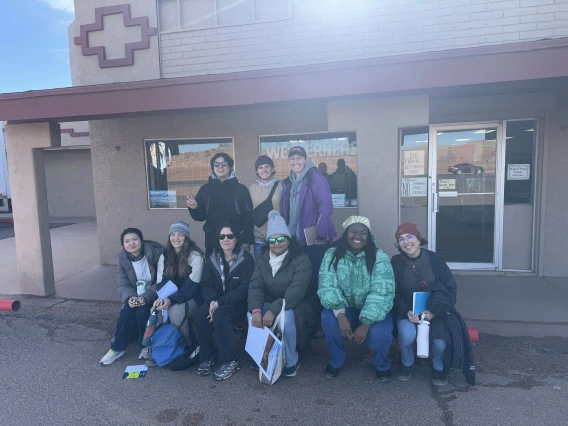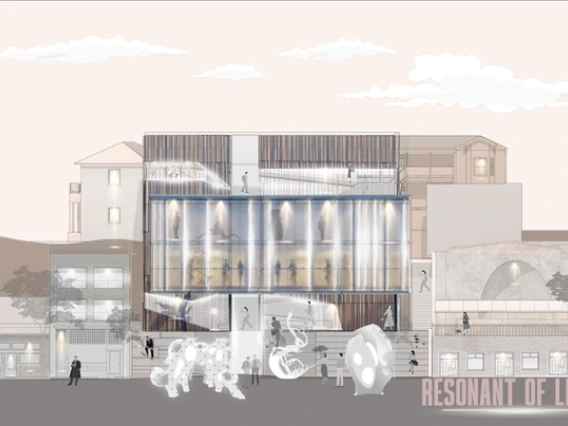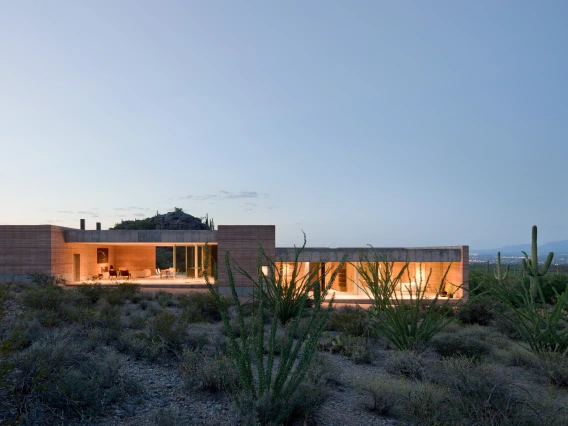New U of A Initiative Leads the Way to Combat Extreme Heat

Photo by David Mark, courtesy Pixabay.
The new initiative within the Arizona Institute for Resilience will unite and expand existing heat-related programs at the University of Arizona, positioning the university as a global leader in heat resilience through research, education, and outreach.
“We’re at a critical turning point where extreme heat has become an increasingly urgent challenge,” said Ladd Keith, an associate professor within the College of Architecture, Planning, and Landscape Architecture, who will lead the Heat Resilience Initiative.

Ladd Keith, associate professor of planning and director of the Heat Resilience Initiative
“The support for this initiative will allow us to advance heat resilience and address extreme heat as both a local and global hazard threatening the quality of life, health, and lives of billions of people globally,” Keith said.
2023 was the warmest year on record, and the ten warmest years since record-keeping began in 1850 have all occurred within the last decade, according to the National Oceanic and Atmospheric Administration.
The Heat Resilience Initiative is supported by a three-year funding commitment from the Technology and Research Initiative Fund – Water, Environmental and Energy Solutions (TRIF-WEES), administered by the U of A’s Office of Research, Innovation and Impact and AIR.
“I’m proud to host this critical new initiative within AIR and give Dr. Keith and his associates an opportunity to expand their important work,” said Sharon Collinge, director of AIR. “Heat is a major environmental resilience challenge of our time. This initiative spans sectors from basic science to health to policy and aligns well with our Institute’s existing environmental and social resilience endeavors.”
“AIR is the perfect place to host this initiative,” Keith said. “The Institute brings together environmental resilience expertise from multiple departments across campus. Heat is a global grand challenge that can’t be solved with a single approach or discipline, so we’ll be able to draw on our university’s diverse expertise as we develop solutions to extreme heat.”
The U of A is already a world leader in climate and environmental research, ranking second for water resources research in the U.S. and sixth in the world according to U of A Office of Research, Innovation and Impact reports.
Additionally, the university’s position in the American Southwest in Tucson, Arizona, puts its community at the forefront of increasing temperatures, and U of A teams have received numerous grants for research and education related to extreme heat in recent years.
The new initiative will receive physical housing within the U of A’s Udall Center for Studies in Public Policy, where Keith is also a faculty research associate. In addition to Keith, the initiative’s initial core team will include a program coordinator, three postdoctoral researchers, and several graduate research assistants supported through federal research programs.
Keith’s transdisciplinary research focuses on heat planning, policy, and governance to help increase the heat resilience of communities, regions, and nations. His previous projects in heat resilience will continue under the umbrella of the new initiative.
“We’ve lived through yet another summer of record-breaking heat,” Keith observed. “This is a critical moment for vulnerable populations and communities. We must address this environmental crisis now.”



